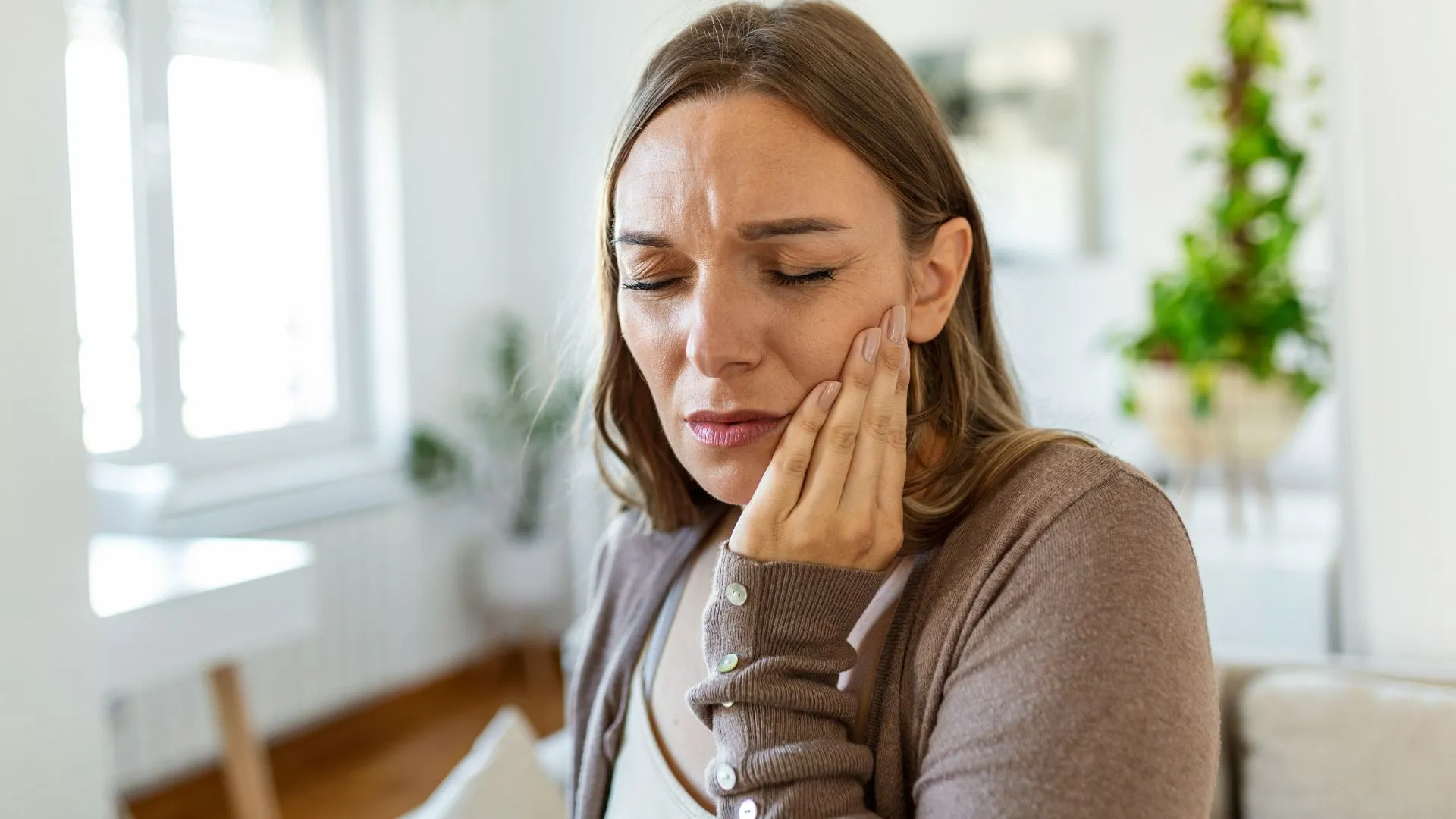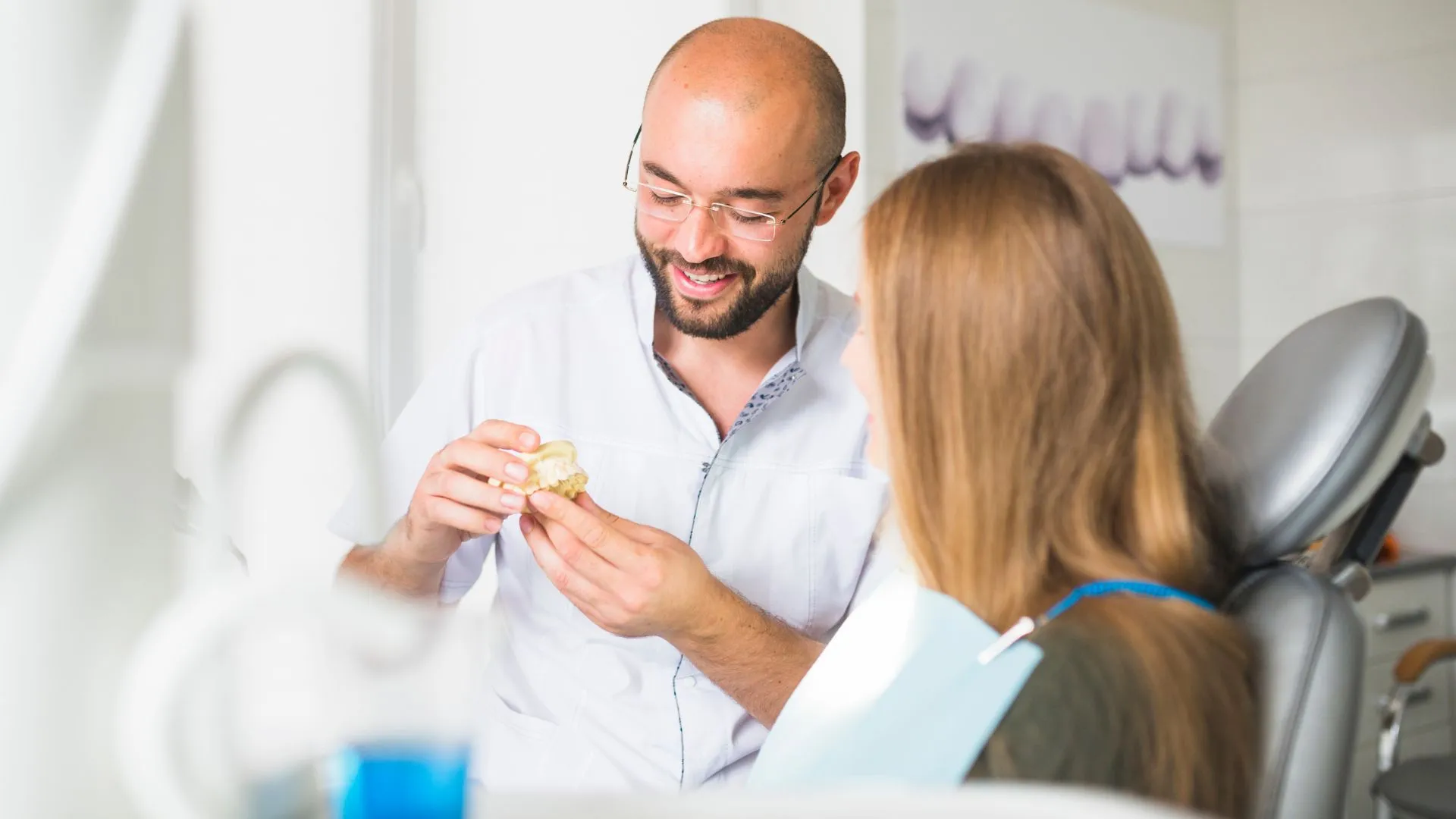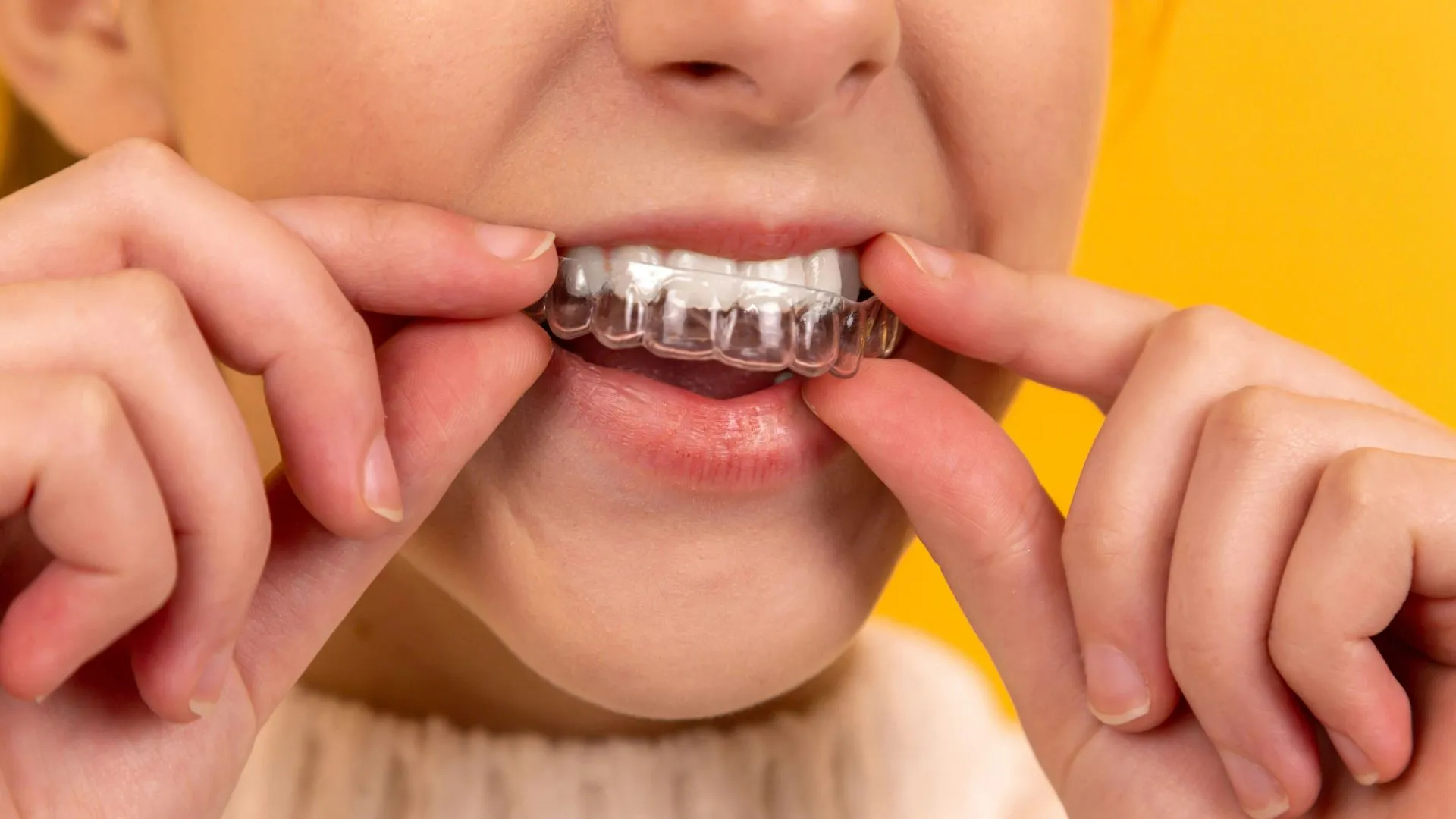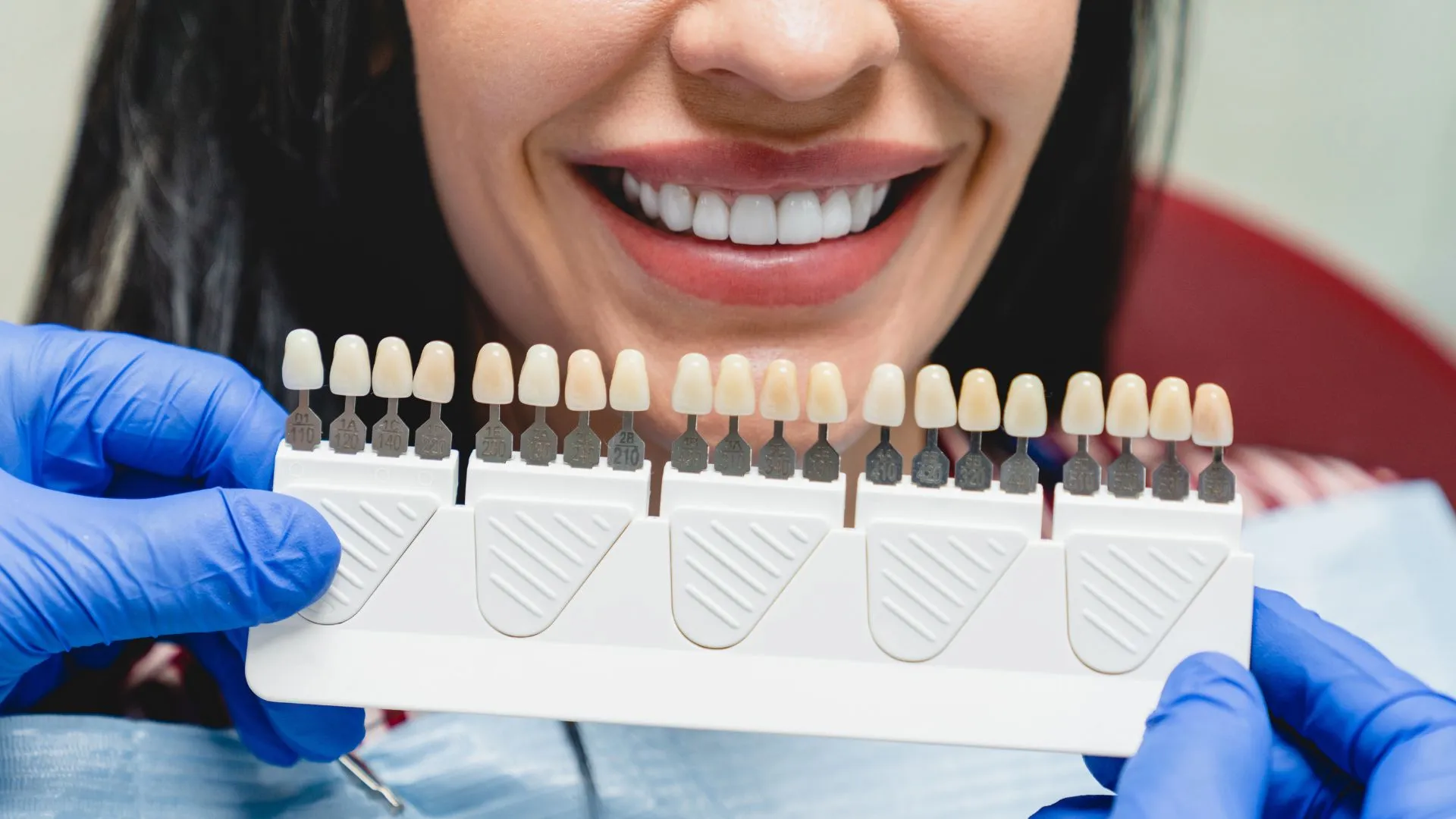So, you got a tooth filling to deal with the cavities, and your new filling hurts when chewing?
So, you got a tooth filling to deal with the cavities, and your new filling hurts when chewing?
Rarely, it can be due to an allergic reaction to the filling material, and you’d it sooner since you worked closely with your dentist the entire process.
So, why does your filling hurt? Let’s find out.
When do you need dental fillings?
You will need dental fillings when you have cavities in your teeth. Toothaches are notorious for the amount of pain that they cause. Depending on the extent of your tooth decay, the pain can range from minute to absolutely unbearable.
A CDC report suggests that over 91% of US citizens did not know that they had cavities. There is a chance that you could avoid dental pain altogether, but it all depends on your teeth profile and how much damage is caused to your mouth. Here are some of the signs that you might need dental fillings:
- If you notice yellow or brown spots in your mouth
- If you feel heightened sensitivity in one side of the mouth, especially when you chew hard foods.
- If you face occasional toothaches for no reason, that usually go away with pain medicines.
What should you expect after the procedure?
When you go to the dentist to get a filling, the first thing they will do is numb the area. It could be through an injection or a spray-on form of anesthetic. Once you lose all sensation in the area, the dentist proceeds to clean the infected area. Lastly, the broken tooth filling is put into place to complete the process.
You may feel numb for a few hours. The amount of time it takes for the sensation in the teeth to come back depends on the amount of anesthesia used and how your mouth reacts to it, of course. Children are easier to deal with during this process since they are fascinated due to the lack of feeling. The pain comes back slowly after a few hours, and it should feel like pins and needles stinging the area.
You probably won’t feel or even control your mouth after the process is completed, so drinking and eating in public is not a very good idea. The best thing to do is to go home and consume as light a meal as possible.
New filling hurts when I bite. How long will the pain last?
On average, your teeth should hurt for about 14 to 21 days. If you try eating hard foods during this time, it could take even longer for the teeth to recover. The reason behind the pain is that the nerves in your teeth are still getting used to the replacement. During the recovery period, you will also experience sensitivity, and it is recommended that you avoid eating hot or cold foods during this time.
But, if you find that the pain does not reduce in intensity and it lasts months after the procedure, here are some of the reasons why your new filling hurts when chewing:
1. Tooth sensitivity
If you have very sensitive teeth, it is normal for the pain to last longer than usual. This is because they are more reactive to stimuli than is normal. As mentioned earlier, avoid eating too hot or cold food in the weeks after receiving a filling. You should also take note of the air temperature and the pressure of the bite; make it as neutral as possible.
2. Allergic reaction to fillings
Mercury is one of the materials used to make dental amalgam that is used as filling. They have been in use for the last 150 years, and few cases of amalgam allergy have ever been reported. In any case, you must discuss your history of allergies with your dentist before the process.
3. Incorrectly placed fillings
In rarer cases than allergies, it could be that the filling has been placed incorrectly, which causes more pain. That is why it is vital to go for follow-up visits to your dentist after the procedure to ensure that the filling is in a good position.
4. Oral infection
If you do not brush and floss your teeth regularly, there is a very good chance that the pain you feel can worsen. Dentists recommend using a soft brush to clean your teeth regularly and carefully floss to remove food bits.
5. Damaged fillings
If you get injured around the mouth or chew extremely hard food, there is a chance that the filling can get damaged. In this case, the broken pieces can cause further damage to your mouth, which is already in a lot of pain. Again, this illustrates why follow-up visits and proper diet are important in the time after the procedure.
Preventing and taking care of teeth
Since your mouth is already heightened in sensitivity after receiving your dental filling, you must take good care of your teeth. Here are some of the steps you can follow to maintain oral health at home:
- Brush softly and use a soft brush that your dentist prescribes to you.
- Rinse your mouth with warm water regularly.
- Put ice on the swollen area if the pain in your mouth persists.
- Consult your dentist and take Ibuprofen or Tylenol to ease the pain.
Wrapping up
Now you know the main reasons why your teeth hurt after your cavities have been treated. In worse cases, you might have to replace the filling with a root canal to save the tooth. Taking proper care of your teeth is very important to minimize the chances of contracting an infection.
You should also watch over your diet to make sure that you don’t eat hot or cold food. It is normal to experience pain for a couple of weeks. However, you may want to consult your dentist to ensure everything is alright.
For more information about dental fillings or want to consult a dentist, visit us at Image Dental. To book an appointment, you can visit our website or call us at (209) 955-1500.



